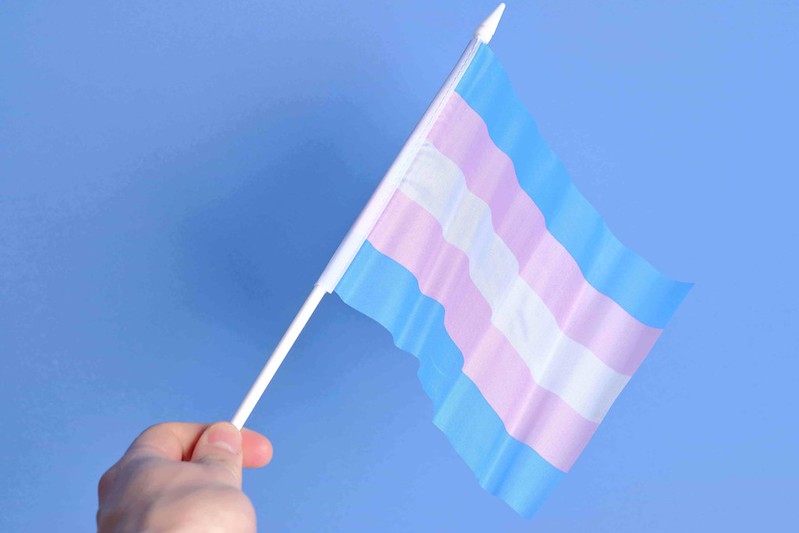On Friday, Feb. 8, at least nine young women working on a polio vaccination campaign were targeted and killed by gunmen in two separate incidents in Kano, the regional capital of Northern Nigeria. The two neighborhoods where the attacks took place, Unguwa Uku and Hotoro Hayi, have seen previous actions by a Muslim extremist group known as Boko Haram, a Hausa term meaning “Western education is forbidden”.
These attacks are not the first attacks against health workers in Nigeria. Two security officers guarding immunizers were killed by gunmen in October. Unfortunately, Nigeria is the second place where polio vaccination workers have been targeted and killed. Sixteen health workers – primarily women – were killed by Taliban gunmen in Pakistan in two incidents in December and January.
Polio, which can cause irreversible paralysis in 1 out of 200 people it infects, remains endemic in only three countries – Nigeria, Pakistan and Afghanistan. Efforts to eradicate polio have been complicated by the fact that oral polio vaccine needs to be administered a number of times to ensure high vaccine efficacy. Such repeated and sustained initiatives have proven challenging in the few remaining endemic areas for a number of reasons.
Boko Haram and the Taliban are not new to their respective areas, but the violence directed specifically at polio workers has drawn speculation. Some are concerned that conspiracy theories are spreading in the region that the vaccinations are harmful. Similar rumors led to a regional boycott of polio vaccination programs in 2003, a public health disaster that set back polio eradication efforts significantly. Others argue this is may be a copycat attack of those in Pakistan, meant as blowback from a CIA attempt to use a vaccination program as a ruse to gather intelligence on Osama Bin Laden. Such unfortunate consequences were predicted when the CIA program came to light in 2011.
Polio infections have doubled in Pakistan since 2009 and this increase has generated fears of the disease spreading elsewhere. New cases are also rising in Afghanistan. India has remained polio-free for two years, but polio virus traced to Pakistan was recently found in sewers in Cairo, Egypt. There has not been a case of polio in Egypt since 2004, one of the many countries that saw new polio cases after the northern Nigerian boycott in 2003.
This has led some critics to call for a public U.S. government ban on CIA operations involving childhood vaccines. While this may help, it is unlikely to go far enough. Re-starting the vaccination campaign in Nigeria in 2003 required nullifying the prevailing rumors and conspiracy theories floating around in northern Nigeria. The key was regaining trust of both the local people and religious leaders. Community leaders and regional religious leaders took extraordinary steps to advocate for northern Nigeria to resume polio vaccination. For example, the Senegalese Imam Cheik Cisse travelled to Kano State to advocate for polio vaccinations by vaccinating some children himself. Anand Balachandran at the WHO’s Global Polio Eradication Initiative worked together with the Organization of the Islamic Conference to help generate advocacy momentum from the global Islamic community. Fatwas were issued recommending polio vaccination and countering the theory that the vaccines were a Western plot against local communities. Kofi Annan sent his senior advisor, a Nigerian whose father had been an Emir from the north, to meet with the Sultan of Sokoto, the Emir of Kano, and other leaders both political and religious. Still, the boycott endured nine months.
Bill Gates wrote about polio eradication in his annual letter in January, focusing on how mapping, organization and statistical record-keeping were key challenges to ensuring vaccination programs covered everyone in Northern Nigeria. Such a rational approach is laudable, but unlikely to succeed without stepping up sociocultural outreach in both regions coupled with a government ban on covert CIA programs mimicking vaccination programs. Such a holistic approach may help quell recent violence and keep polio eradication in the region on track.

